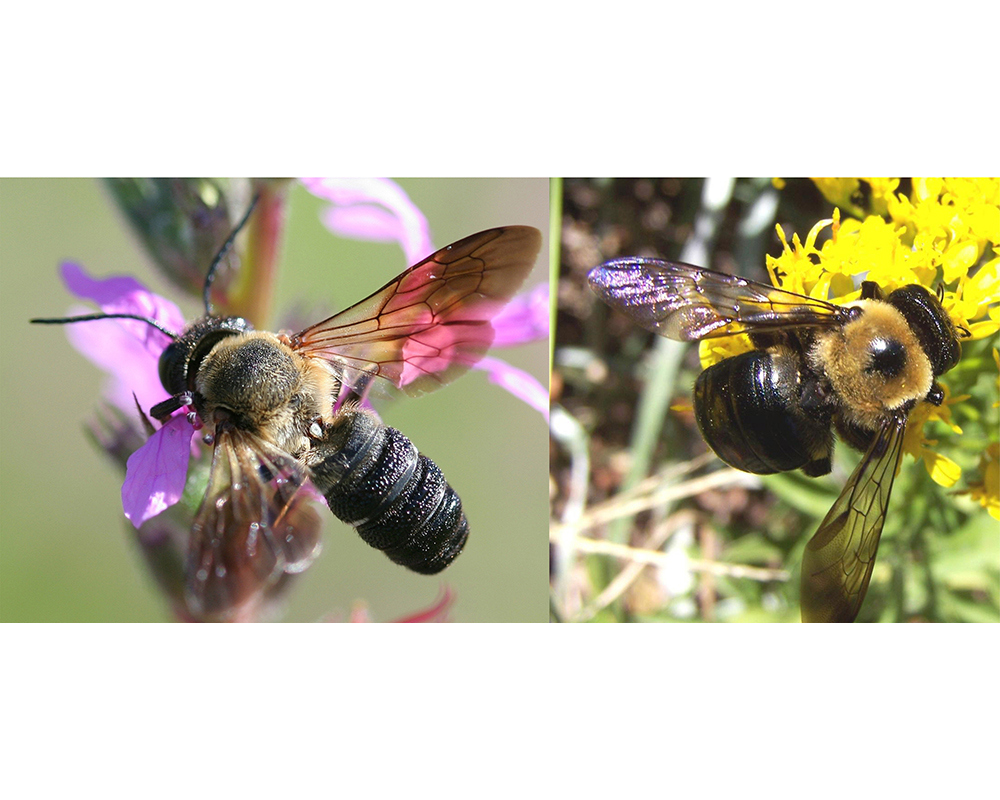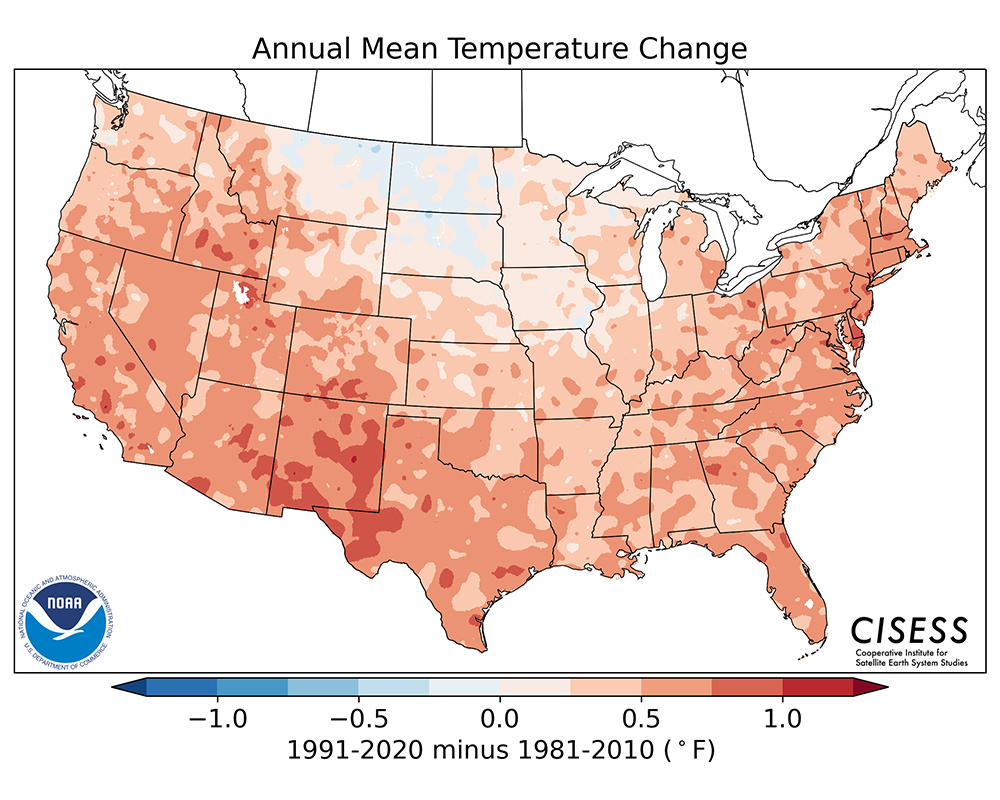.jpg) CAES News
CAES News
Balancing Act
The forces at work in a marsh require a delicate balancing act. Rising and falling tidewaters keep clumps of Spartina grasses from growing too dense. But too much water makes it difficult for them to survive. Tip this balance too far in either direction and the marsh ecosystem collapses, resulting in a population of different plants — or no plants at all.

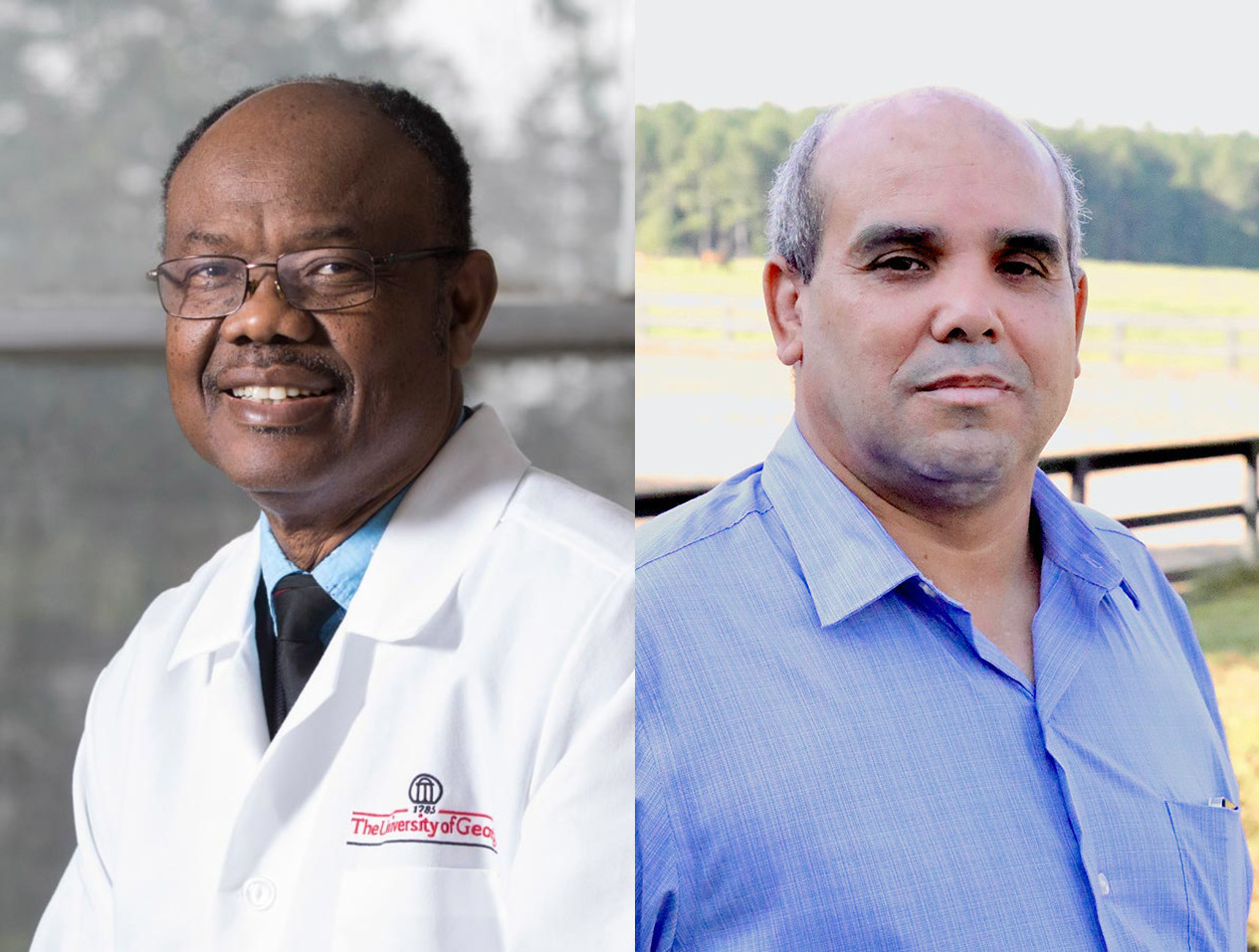
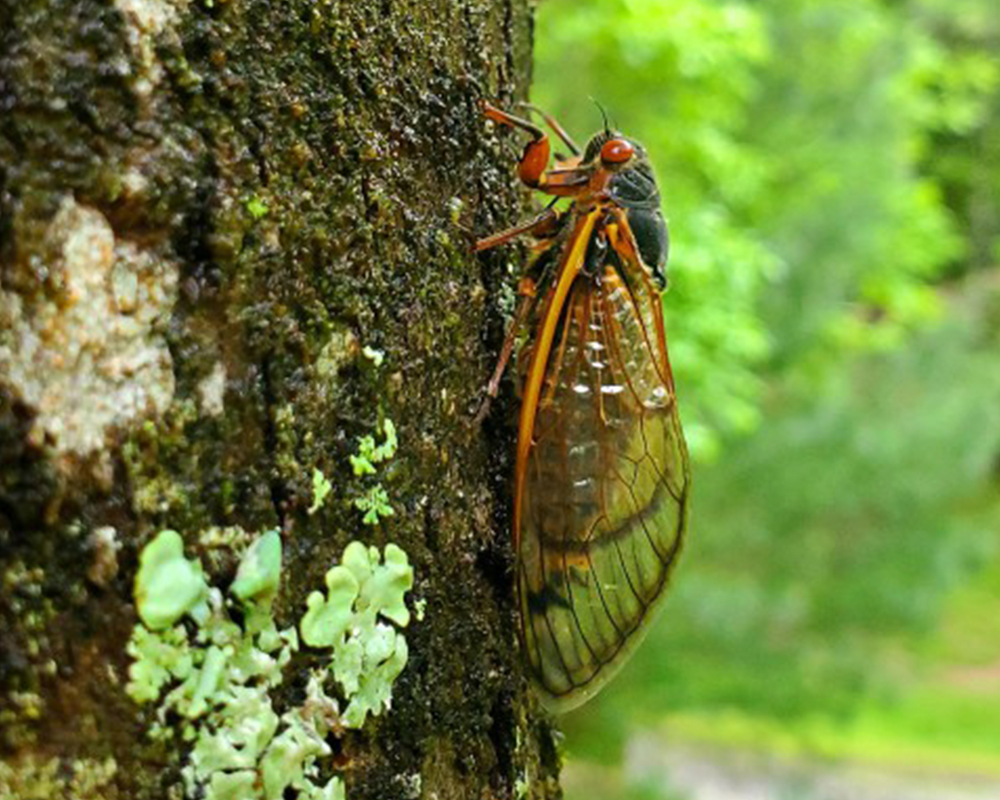
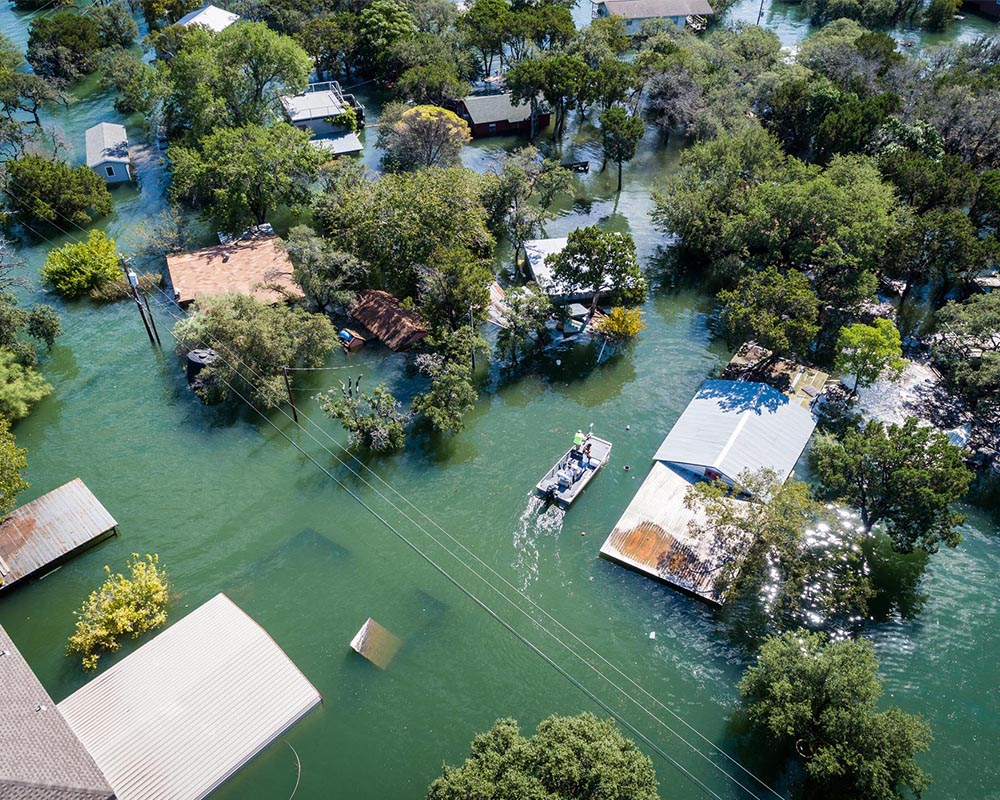
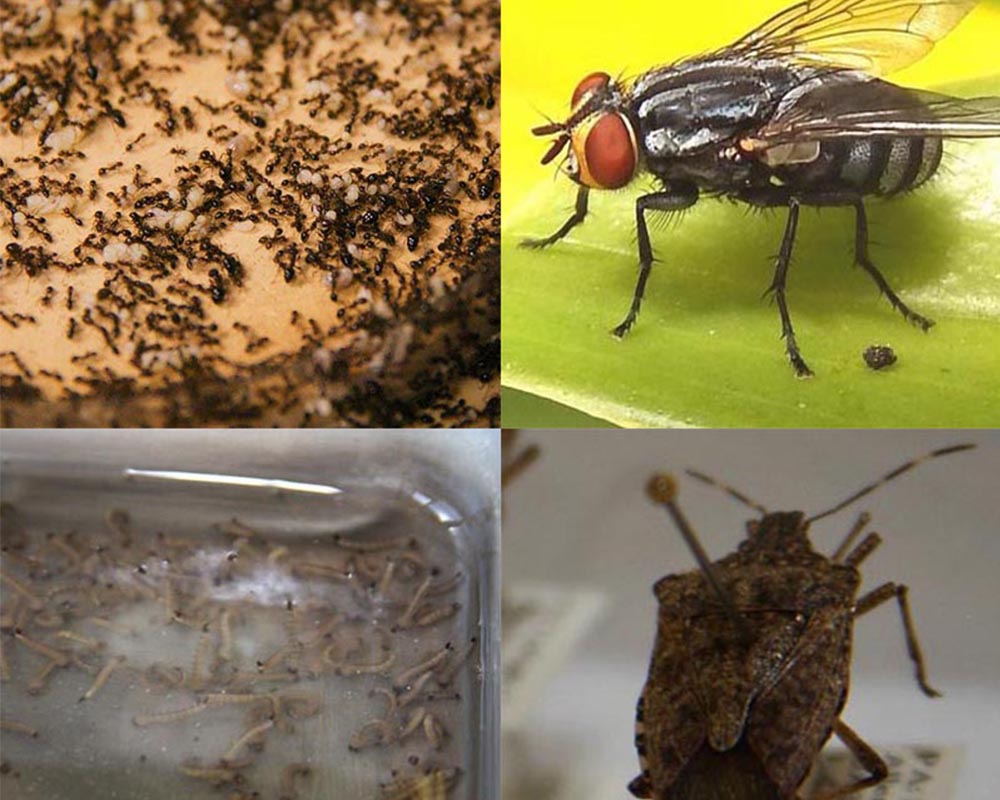
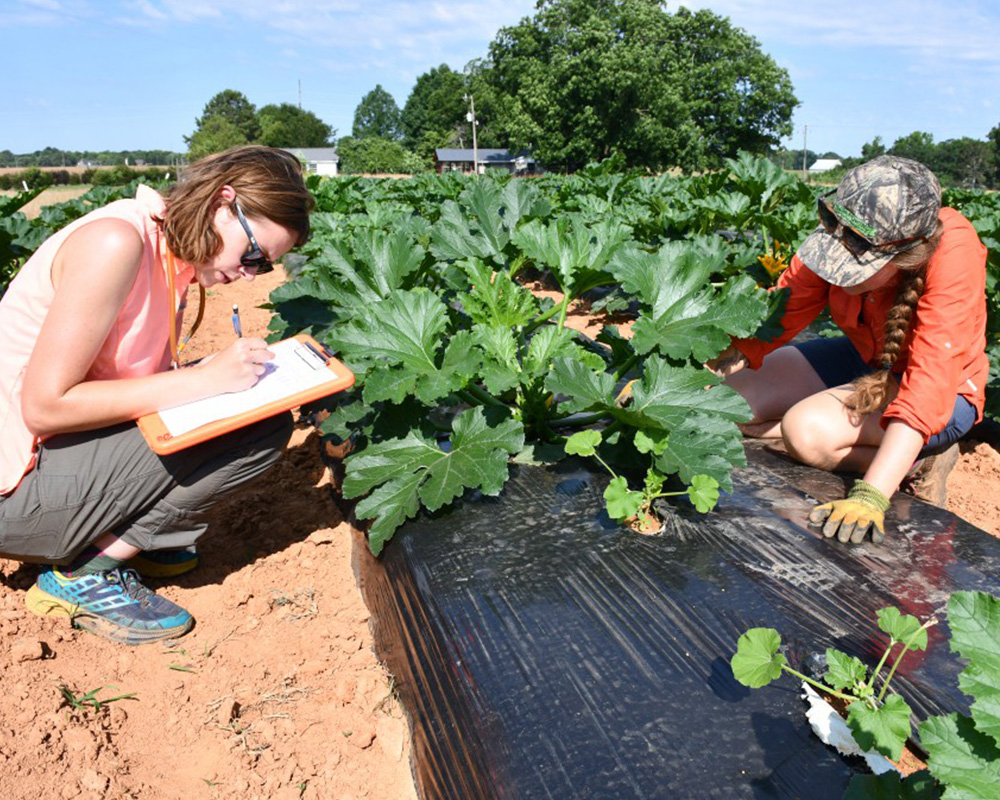
.jpg)
